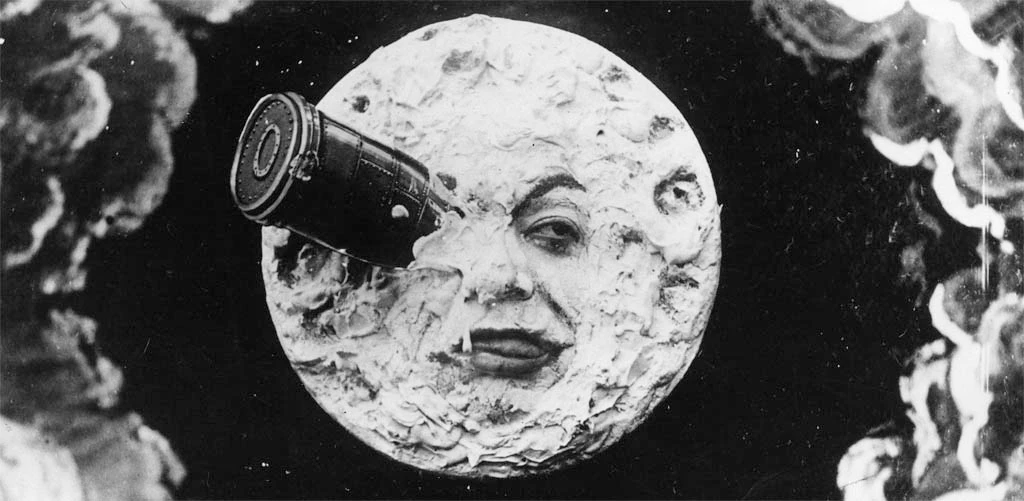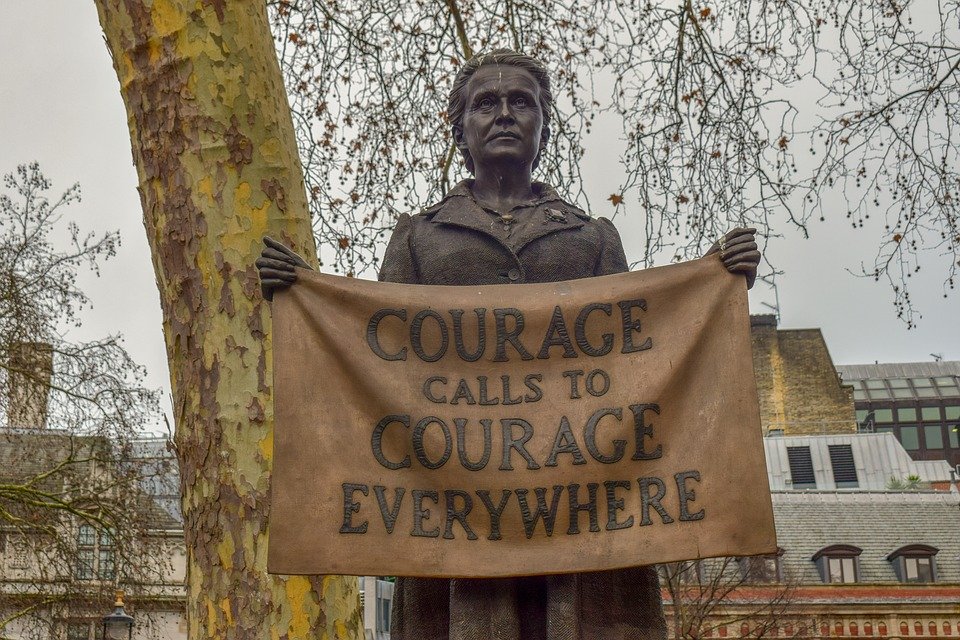
Storytelling Lessons from A Trip to the Moon by Méliès
What can writers learn from A Trip to the Moon? Clay Stafford explores how Georges Méliès’s groundbreaking film teaches timeless storytelling techniques—mystery, suspense, action, horror, and romance—offering valuable lessons for writers of all genres.

How to Write Offensive Characters
Writing offensive characters requires courage, honesty, and respect. To create complex, authentic characters, writers must understand their motivations, beliefs, and pasts—even when they disagree with them.

23 Checklist Items to Write a Great Mystery
Writing a great mystery requires more than just a crime—it demands suspense, red herrings, a compelling sleuth, and a thrilling climax. This 23-point checklist breaks down the essential elements that make mysteries engaging, page-turning, and unforgettable.

How Acting Benefits a Writer
Acting can transform your writing, enhancing dialogue, character depth, and storytelling techniques. Learn how stepping onto the stage—or simply observing—can elevate your craft as a writer.

Realistic Writing: The Art of Implying and Suggesting
Realistic writing reflects the truth of the seen world by implying and suggesting rather than revealing everything. Learn how to create authentic characters and situations by embracing the unknown.

Protagonists Don’t Have to Be Likeable; They Have to Be Unforgettable
A protagonist doesn’t need to be likable—just unforgettable. Whether heroic or villainous, they must captivate from their first entrance. Readers should feel an irresistible pull, whether through admiration, disgust, or fascination. The key is to create a character no one can ignore.

The Writer Challenge
In a world full of chaos, we need writers who offer authenticity and integrity. As writers, our challenge is to create characters that reflect our times, tackle tough philosophical questions, and provide readers with more than just plot. We must offer meaningful stories that both challenge and change us.